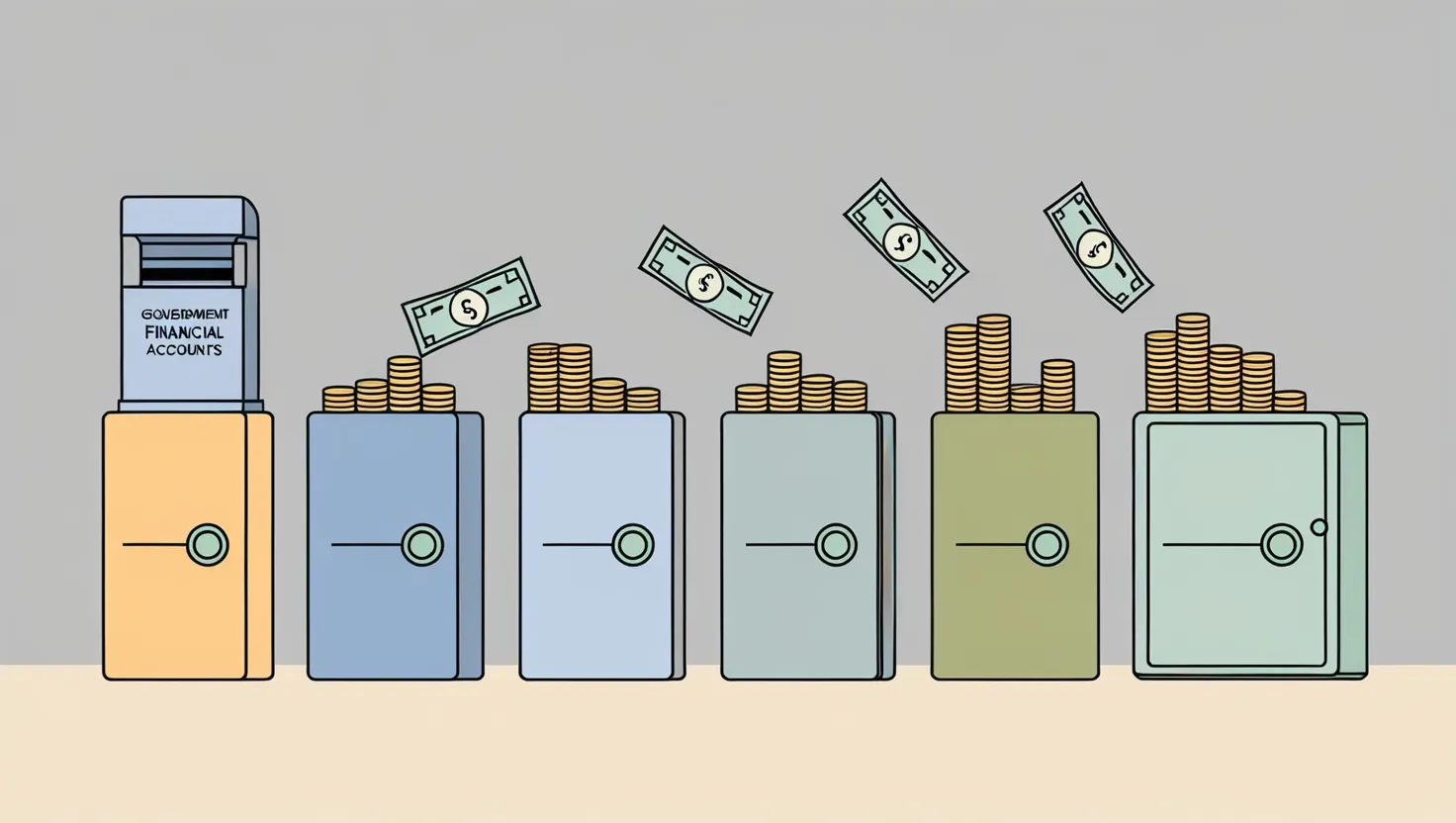Refinancing your mortgage is a strategic move that can lead to lower home loan rates, reduced monthly payments, or accessing your home’s equity. While it may sound intimidating, having a clear understanding of your goals and navigating the steps can make the process smoother and more rewarding.
Setting your goals is the first critical step. Whether aiming to lower your monthly payments, reduce your interest rate, or even switch from an adjustable-rate to a fixed-rate loan, knowing what you want guides the entire process. For some, the goal might be to pay off the loan faster, or to ditch the pesky FHA mortgage insurance. Whatever it is, a defined goal clarifies whether refinancing is the right path and which type of refinance suits you best.
Optimizing your credit score is also essential. This number significantly impacts the interest rate you’re eligible for. A polished credit score can translate to lower mortgage fees and better loan terms. So, reviewing your credit reports from the major bureaus—Equifax, TransUnion, and Experian—is a good move. Fix any errors you find to potentially save thousands.
Shopping for the best rate by comparing multiple lenders can also lead to substantial savings. Doing this within a short period, commonly two weeks, doesn’t hurt your credit score. This comparison shopping can save as much as 0.50% on your interest rate, meaning big bucks over the life of the loan.
Gathering financial documents early makes the process smoother. You’ll need items like pay stubs, bank statements, tax returns, and investment statements. If you’re self-employed or own a business, add business profit and loss statements to that list. Having everything ready makes the application process faster and less stressful.
Understanding your home’s equity is crucial, especially if you’re considering a cash-out refinance. Equity is the difference between your home’s market value and the amount you owe on your loan. Knowing your equity helps determine how much you can borrow and if a cash-out refinance is feasible for your situation.
Locking in your rate once approved for a refinance can protect you against rising interest rates. This rate lock typically lasts 30 to 60 days, which can be beneficial in a volatile market.
The refinance process steps are fairly straightforward. You start by applying to multiple lenders to compare rates and terms. Next, the underwriting phase where your financials, credit history, and property details are verified. Then comes the home appraisal, where an appraiser determines your property’s value. Finally, closing involves reviewing and signing the final loan documents, officially replacing your old mortgage with the new one.
Refinancing comes with closing costs and fees, generally ranging from 2% to 5% of the loan amount. These costs include appraisal fees, origination fees, and title insurance. It’s wise to calculate your break-even point to see if the savings outweigh these fees.
Timing your refinance is critical. If current interest rates are lower than your original mortgage rate, refinancing could save you money. But if you plan to move soon, those potential savings might not justify the refinancing costs. Aligning your loan term with your financial goals also matters—opting for a shorter or longer term can affect your monthly payments and total interest paid.
Changing loan terms through refinancing could mean switching from a 30-year mortgage to a 15-year one, paying off your loan faster, and saving on interest. Or, converting from an adjustable-rate to a fixed-rate loan could provide more stability.
Cash-out refinances allow you to leverage your home’s equity for funds, which can be used for renovations, tuition, or debt consolidation. However, caution is necessary—cashing out too much equity increases foreclosure risk.
Debt consolidation is another refinancing use. Converting high-interest debt into your mortgage could lower monthly payments and simplify finances. But this ties the debt to your home, so tread carefully.
For those with complex financial situations or less-than-perfect credit, consulting a mortgage broker can be beneficial. Brokers negotiate with lenders on your behalf to secure better rates and terms.
Lastly, research your lender thoroughly. Since you’ll be paying the mortgage for years, trust and reliability in your lender are paramount. Considering market conditions and using a refinance calculator helps visualize potential savings. Calculating your break-even point also ensures refinancing makes financial sense.
In essence, refinancing your mortgage can be a savvy financial move, requiring clear goals and careful execution. By optimizing your credit score, shopping for the best rate, understanding the process, and considering costs versus savings, you position yourself for financial success. Balancing these factors helps align refinancing with your long-term financial goals, ensuring a beneficial move for your future.






